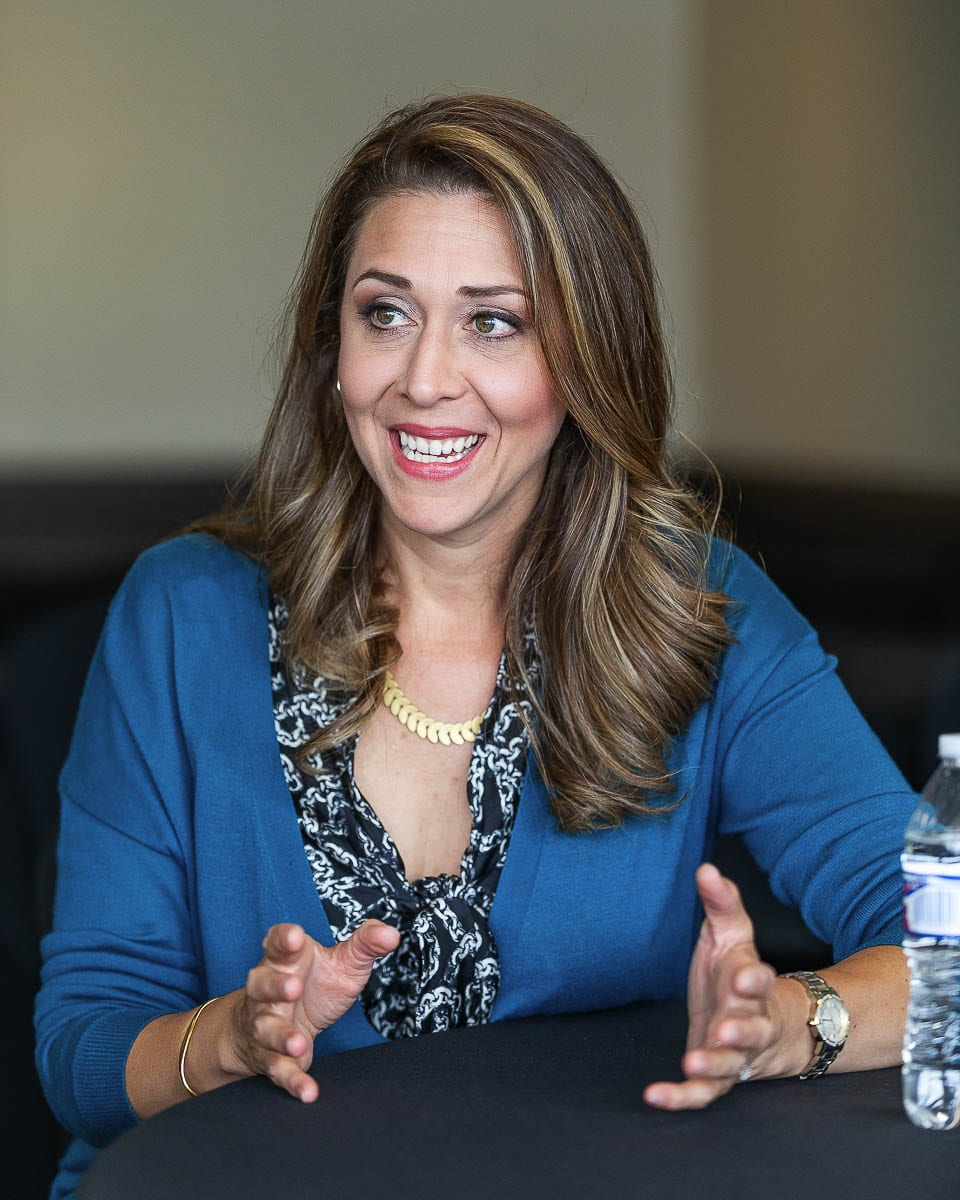Congresswoman urges project leadership to extend advisory group application deadline past Dec. 18, proactively recruit citizens who represent Southwest Washington commuters
VANCOUVER – Congresswoman Jaime Herrera Beutler (3rd Congressional District) Monday (Dec. 14) formally called on I-5 bridge replacement project leaders to extend a Dec. 18 deadline for applications to its advisory groups and create “commuter representative” positions to ensure the project meets the needs of the people who will actually use the bridge on a regular basis.

In a letter to Washington State Department of Transportation Secretary Roger Millar and Interstate Bridge Replacement Project Administrator Greg Johnson, Herrera Beutler shared a growing concern from Southwest Washington residents that the current process is repeating fundamental mistakes made by the failed Columbia River Crossing project.
“…bring to the process now citizens who will give blunt and honest feedback about mass transit, tolling, lane capacity, and costs,” Herrera Beutler wrote. “There is no value to commuter representatives in name only who are polite, quiet, and don’t raise objections on these issues. Consider giving a formal role to the engaged critics and citizen watchdogs of the CRC project. Invite the messy and honest conversations now. Highlight their feedback, rather than burying it in the footnotes of a report. Most importantly, listen to and heed what these people have to say.”
The full text of the letter follows:
Dear Secretary Millar and Administrator Johnson,
I want to first of all thank you for briefing me on the I-5 bridge replacement process last week. Through our discussions to date, you’ve demonstrated a sincere commitment to an improved I-5 bridge across the Columbia River.
I want to reiterate a point we discussed that I believe would aid this process and alleviate a growing concern being expressed to me by our communities that not enough is being done to ensure that this process will avoid the pitfalls that ultimately doomed the Columbia River Crossing (CRC). I implore you to add a Commuter Representative Advisory Group to your community engagement organization that will provide honest and direct input on behalf of daily car commuters who are and will continue to be the largest users of the bridge.
In recent years, I’ve heard some claim that a few individual legislators “killed the CRC” at the 11th hour, but such a revisionist view brushes over critical errors that were made in the planning stages of the CRC that led to its demise. For instance, it wasn’t until 2012 that Clark County citizens were finally granted a county-wide vote on whether they supported light rail as part of the project (they rejected it – and again in 2013 by a double-digit margin). And recall that it wasn’t until seven years into the process before it was discovered that the bridge design was too low to accommodate vessels critical to regional commerce. The two are related, since light rail was a factor in limiting design flexibility.
The lack of critically-minded commuter representatives in the current process is an omission that could be fatal to the project. Recall that the CRC boasted of the number of listening sessions, advisory panels and citizen engagement activities it held, yet it still managed to ignore community opposition to major components of the project.
Please avoid repeating that mistake. Instead, bring to the process now citizens who will give blunt and honest feedback about mass transit, tolling, lane capacity, and costs. There is no value to commuter representatives in name only who are polite, quiet, and don’t raise objections on these issues. Consider giving a formal role to the engaged critics and citizen watchdogs of the CRC project. Invite the messy and honest conversations now. Highlight their feedback, rather than burying it in the footnotes of a report. Most importantly, listen to and heed what these people have to say.
Additionally, you communicated to me a December 18 deadline for considering advisory members. That short timeline is incompatible with the glaring need I’ve outlined. I urge you to extend this deadline to recruit and interview qualified citizens to serve as commuter representative advisory members. A short extension of the process now to fully engage Southwest Washington commuters could very well prevent having the project derailed later on after multiple years and hundreds of millions of dollars spent.
I am certain you’ve brought all of the engineers, consultants and organized interest groups the project will ever need into the process. What’s needed now is a voice for the tens of thousands of Southwest Washington commuters who drive across the I-5 bridge every day.




